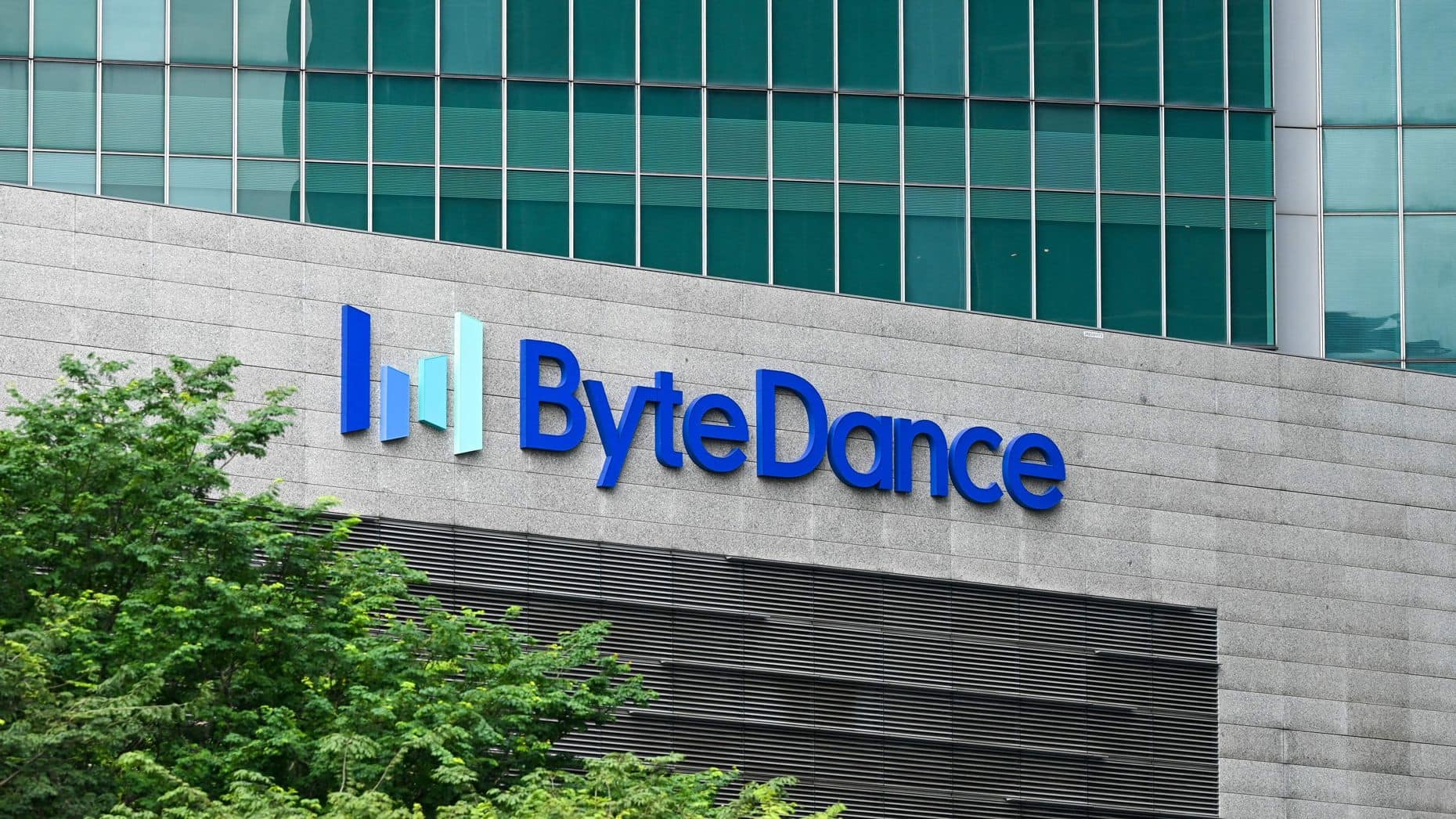
ByteDance to invest over $20B in AI development this year
What's the story
ByteDance, the Chinese tech giant behind TikTok, has set aside over 150 billion yuan ($20.64 billion) for capital expenditure in 2025.
Most of this investment will be funneled into artificial intelligence (AI) advancements, according to Reuters.
Roughly half of this money is earmarked for overseas AI-related infrastructure development, including data centers and networking equipment.
Beneficiaries
Huawei, Cambricon, and NVIDIA to benefit from ByteDance's investment
The biggest beneficiaries of ByteDance's massive investment are likely to be chipmakers Huawei Technologies and Cambricon Technologies, as well as US supplier NVIDIA.
However, neither ByteDance nor the chipmakers have officially commented on the matter yet.
This strategic spending is part of ByteDance's plan to stay ahead in the game of AI technology at home and abroad.
Leadership
Company's dominance and future plans
Currently, ByteDance dominates China's AI space with more than 15 standalone AI apps, ahead of rivals Baidu and Tencent Holdings.
The company's investment also seeks to bolster its AI capabilities worldwide, amid the uncertainty of TikTok's future in the US.
Although it is a private company that doesn't reveal financials, it is already known that ByteDance is NVIDIA's biggest customer for H20 AI chips designed for China.
AI expansion
ByteDance's AI applications and global presence
ByteDance's AI portfolio features popular apps such as Doubao, a leading chatbot with 75 million monthly active users.
Other interesting offerings include text-to-video generator Jimeng, image generator Xinghui, Kouzi for custom chatbot development, and Maoxiang for role-play and emotional support.
The company has also created international versions of its best-performing apps: Doubao is known as Cici worldwide while Jimeng is called Dreamina.
Competition
Challenging Microsoft-backed OpenAI
ByteDance recently updated its flagship AI model, also named Doubao, in a bid to compete with Microsoft-backed OpenAI's reasoning model products.
However, the company's spending on AI development remains modest compared to US tech giants.
For example, Alphabet allocated $50 billion for chips and data centers last year while Microsoft spent $55.7 billion in its fiscal year ending June 30, with a large chunk going into AI infrastructure.